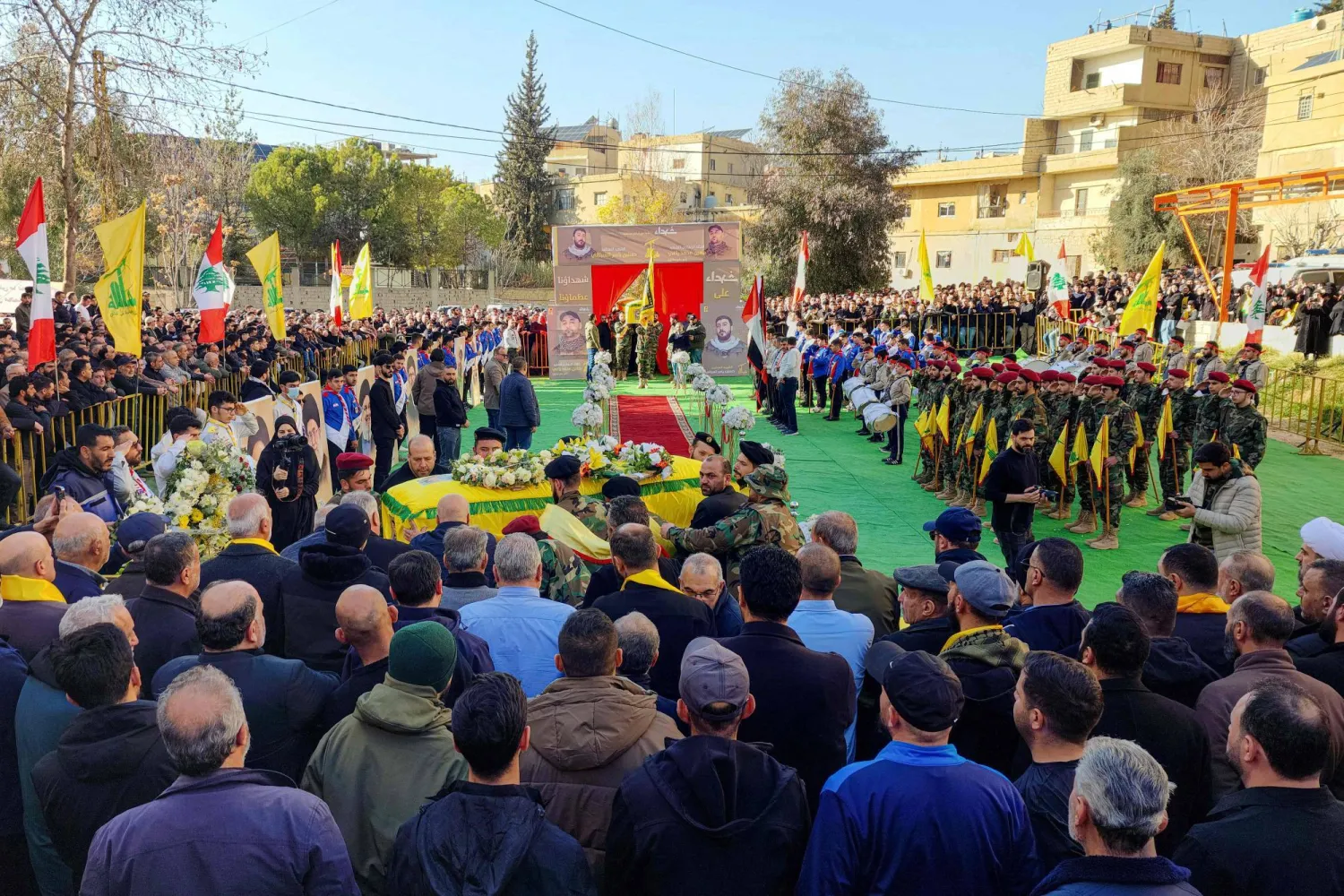Investigations into detainee “A.M.”, a native of the southern town of Ansar arrested last week on charges of collaborating with Israel, show he did more than carry out assigned tasks under an Israeli agenda.
According to the findings, A.M. took the initiative to supply precise information about sites that were later destroyed, providing coordinates for military locations, including Hezbollah missile depots and drone manufacturing facilities.
The case also underscores the scale of effort by Israel’s Mossad intelligence agency to recruit agents. High-risk recruits are enlisted abroad, then transferred to Israel and assigned sensitive missions.
Phased training
Security sources said the Mossad recruited A.M. in 2020 and put him through multi-stage training courses. He was deployed at the height of the latest war between Israel and Hezbollah in 2024 and continued operating even after the November 2024 ceasefire, suggesting his case mirrors others.
Some agents have been arrested; others, sources said, are still moving freely inside Lebanon.
A.M.’s file is considered one of the most serious, given the missions he carried out.
Asharq Al-Awsat learned from security sources that the detainee, who holds a master’s degree from the University of Turin in Italy, was viewed as a valuable catch by a Mossad officer using the alias “Rami Murad.”
The officer recruited him in a European country in 2020 and maintained regular contact before introducing him to another handler, “Michael Leva,” who identified himself as a Mossad officer.
Leva asked the Lebanese national to gather security information in exchange for money. After agreeing, A.M. underwent a polygraph test, which he passed. He began by providing personal details about himself and his family, as well as security-related information about Lebanon. He was later tasked with supplying information about Hezbollah members.
Meetings in Germany
Security sources said A.M. met his handler several times in Germany, providing information on Hezbollah members and their phone numbers. He also identified the types of bulldozers and heavy machinery used by the Iran-backed party in southern Lebanon, including the names and contact details of their owners.
In October 2021, A.M. met Michael again in Cologne, where he underwent a second polygraph test. He provided additional information about residents of Ansar and Hezbollah members.
In late 2022, A.M. traveled with Michael from Germany to Israel. Upon arrival, the Mossad officer took his phone and informed him he would remain in Israel for three days. The next day, he was moved to a private room in a nearby building and subjected to a third polygraph test.
After passing, he was questioned about multiple sites in southern Lebanon, reviewing three-dimensional maps displayed on screens. He and his handler conducted a detailed review of Hezbollah-affiliated locations for which A.M. had already provided coordinates.
Sources said he also underwent several training courses inside the occupied Palestinian territories under the supervision of specialized trainers.
From intelligence to operations
While A.M.’s role was officially limited to gathering information, sources say his activities took on an operational dimension.
He supplied Mossad handlers with reports on institutions, individuals, centers, factories and hospitals affiliated with or funded by Hezbollah. He also documented the locations of surveillance cameras in Ansar, nighttime movements in southern areas, Hezbollah military movements and the party’s funding sources.
His reports extended to displaced residents from border villages during the war, Hezbollah’s handling of them and the assistance provided, as well as rental costs, electricity subscriptions and other expenses incurred due to displacement.
41 detainees
With his arrest, the number of agents detained since the start of the Israeli war on Lebanon in September 2024 has risen to 41.
A judicial source told Asharq Al-Awsat that the military court attaches “utmost importance” to these cases, whether before investigative judges or during trials before the military court.
According to security sources, after the ceasefire, A.M. provided the Mossad with precise information about bulldozer and heavy machinery showrooms in the southern towns of Msayleh, Daoudiyeh and Ansar that were later bombed and destroyed. He also prepared detailed reports on southern traders importing bulldozers, heavy machinery and spare parts.
Sources said he photographed Hezbollah sites in Ansar, as well as in Tyre, Nabatieh and the western Bekaa, and supplied detailed information about Hezbollah members, some of whom were later assassinated by Israel.
Inspecting targets after the ceasefire
After the ceasefire between Israel and Hezbollah took effect, A.M. inspected about 30 strike sites, according to informed sources, providing detailed assessments. The targets included Hezbollah military facilities, supply warehouses, missile and weapons depots, electronic equipment and drone factories.
His role was not confined to executing instructions. Sources revealed he proactively relayed everything he knew or heard about Hezbollah, its members, locations and funding methods.
He photographed dozens of sites in southern Lebanon, including buildings, commercial complexes, roads and military positions linked to Hezbollah, and sent the images and video footage to his handlers.









